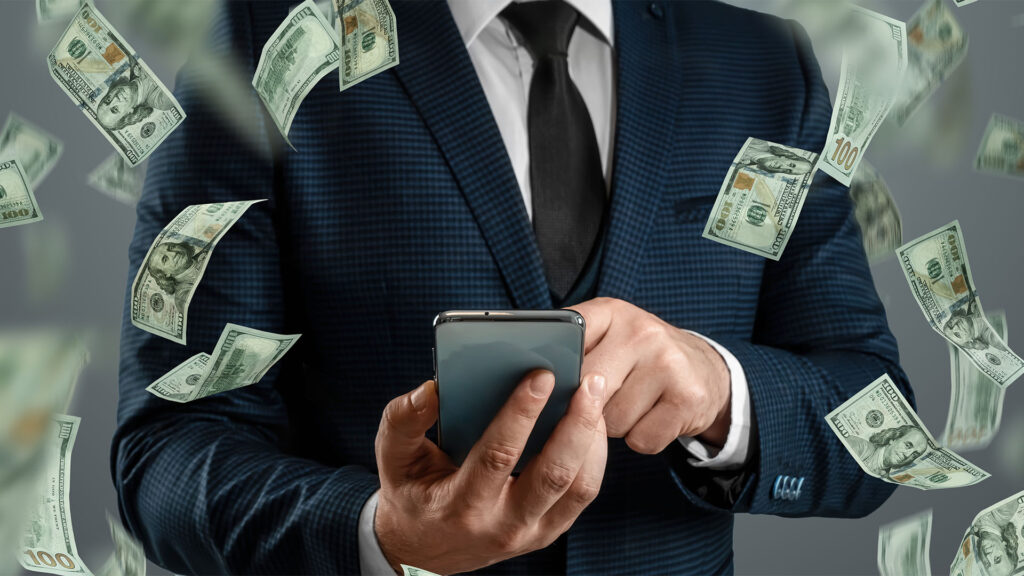American business analysts have just realized that Warren Buffett is the largest owner of short-term U.S. Treasury bills (or notes) – even larger than the Federal Reserve, America’s central bank.
The figures are breathtaking. After selling nearly half his stake in Apple in the June quarter, Buffett and his managers did what he has been doing for over a year: they invested the proceeds – tens of billions of dollars – in short-term bills (ranging from four weeks to just shy of a year) and collected the increasing interest.
While business writers and analysts reported on the short-term note ownership, they overlooked the impact on Berkshire in the form of a huge and growing quarterly interest income, which is now the company’s single largest profit center.
For years, the same writers and analysts criticized Buffett and Berkshire for holding too much cash – holdings that were a fraction of the current level.
In the six months to June, Berkshire purchased $229.5 billion in Treasury bills and fixed maturity securities, surpassing the Fed’s holdings of $195.3 billion last week.
Returns on bills are typically lower than those from riskier investments like equities, but with the Fed maintaining interest rates in the 5.25% to 5.5% range, bills are currently yielding just over 5% for three-month notes, 4.68% for six-month bills, and 4.18% for 12-month bills. The current market rate for the benchmark 10-year bond (a longer-term security) was 3.98% on Thursday.
With sales of shares in Apple, Chinese EV maker BYD (and others to be disclosed in Berkshire’s quarterly fund manager report next week) totaling $75 billion, Berkshire’s cash pile surged to a record $276.9 billion last quarter.
The balance sheet for the June quarter shows that the company’s insurance business owned $234.6 billion in short-dated Treasury bonds and notes, up from $99.06 billion at the end of 2023. Berkshire also held $36.88 billion in cash, up from $33.67 billion.
The rail and other businesses had an additional $5.44 billion in cash and equivalents, up from $4.35 billion.
The accounts reveal a 79% jump in interest income to $4.5 billion for the six months (and an 87% increase in the June quarter to nearly $2.6 billion). This is on track to reach $9.5 to $10 billion by the end of the year, equaling the first quarter earnings of the entire company.
Even after the Apple and other sales, the total value of the share portfolio exceeded $284 billion, compared to $353 billion a year ago. The famed insurance “float” remained at $169 billion, unchanged from the previous quarter and only slightly higher than a year ago.
At the end of June, Berkshire had $1.1 trillion in assets, with over half – $561 billion – invested in cash, shares, and equivalents.

